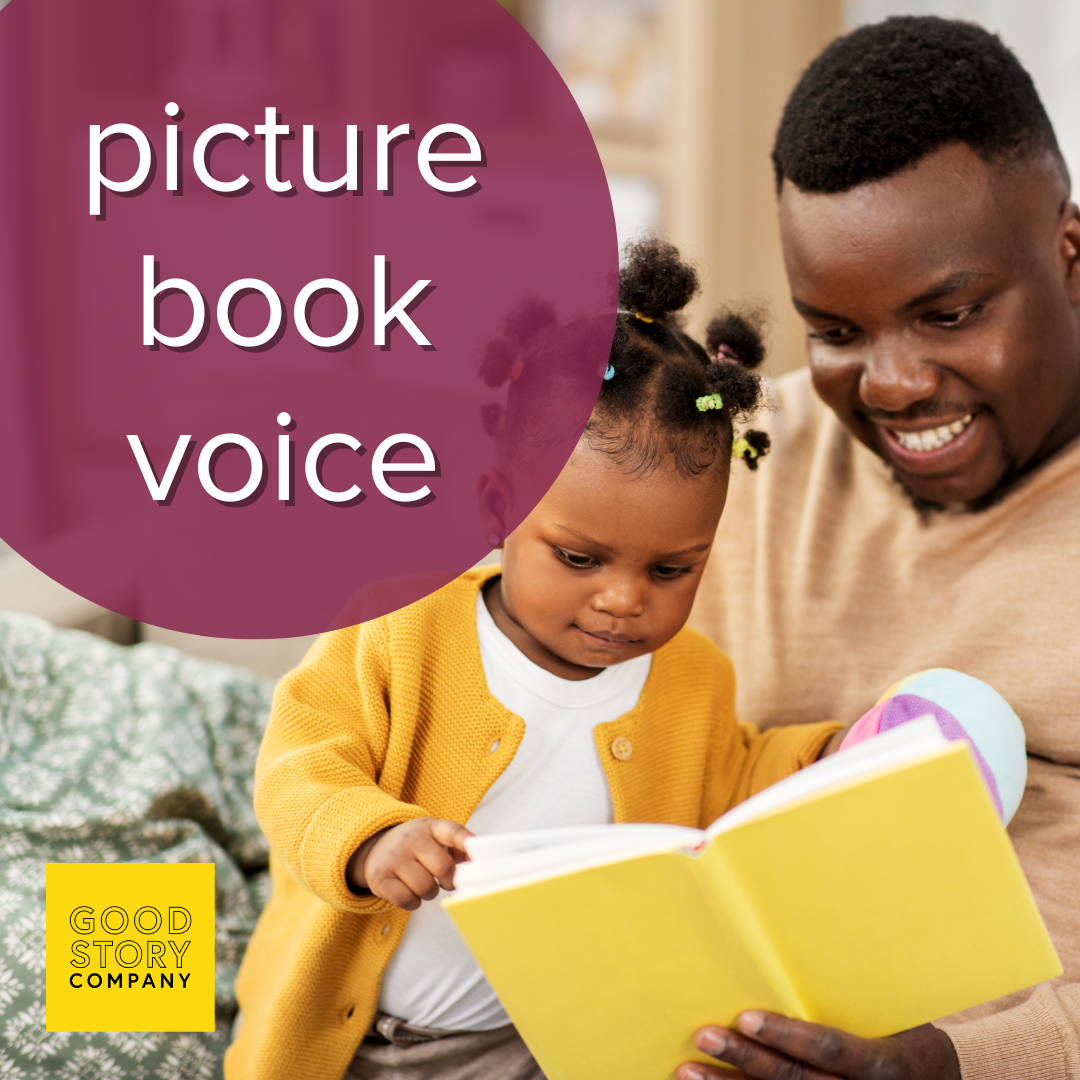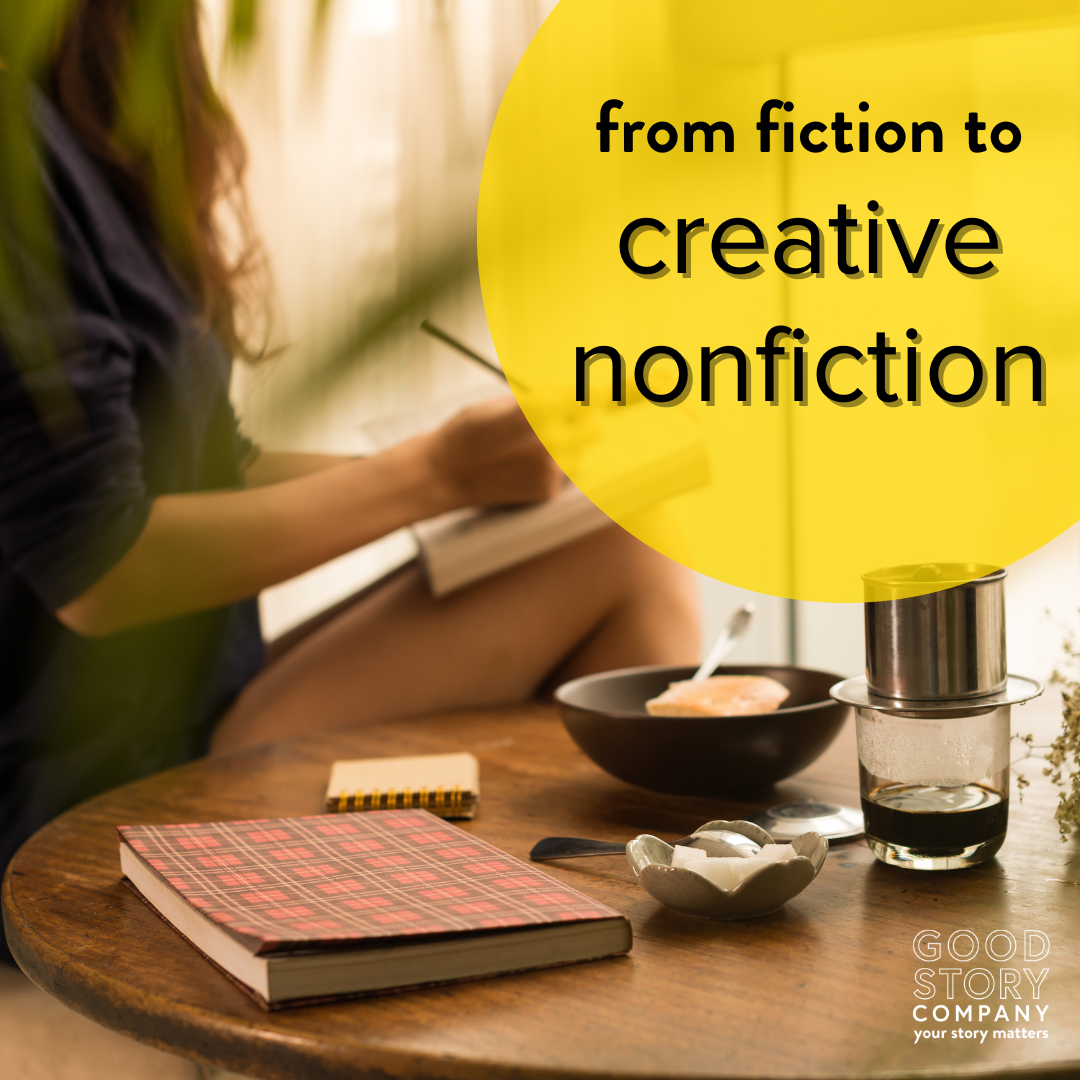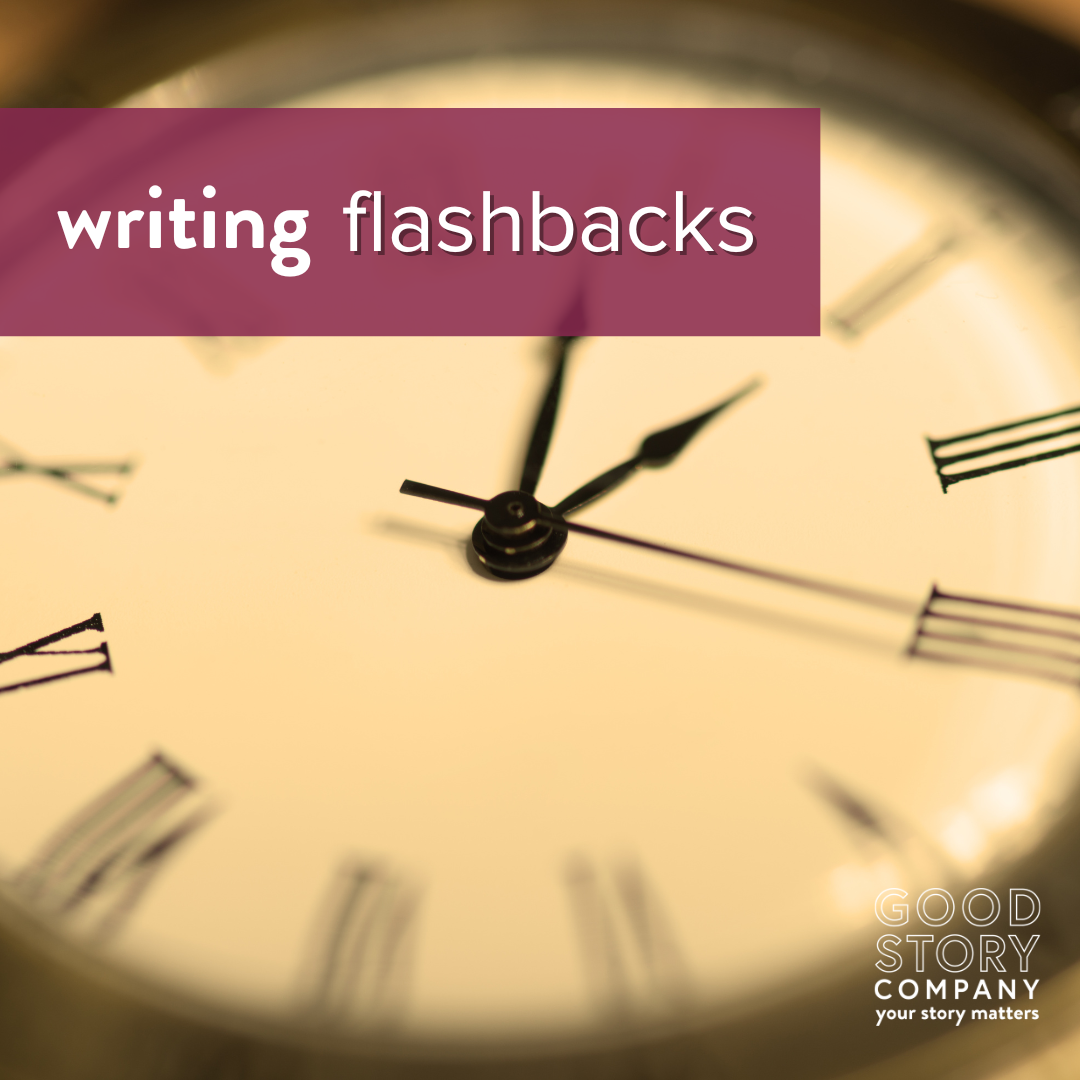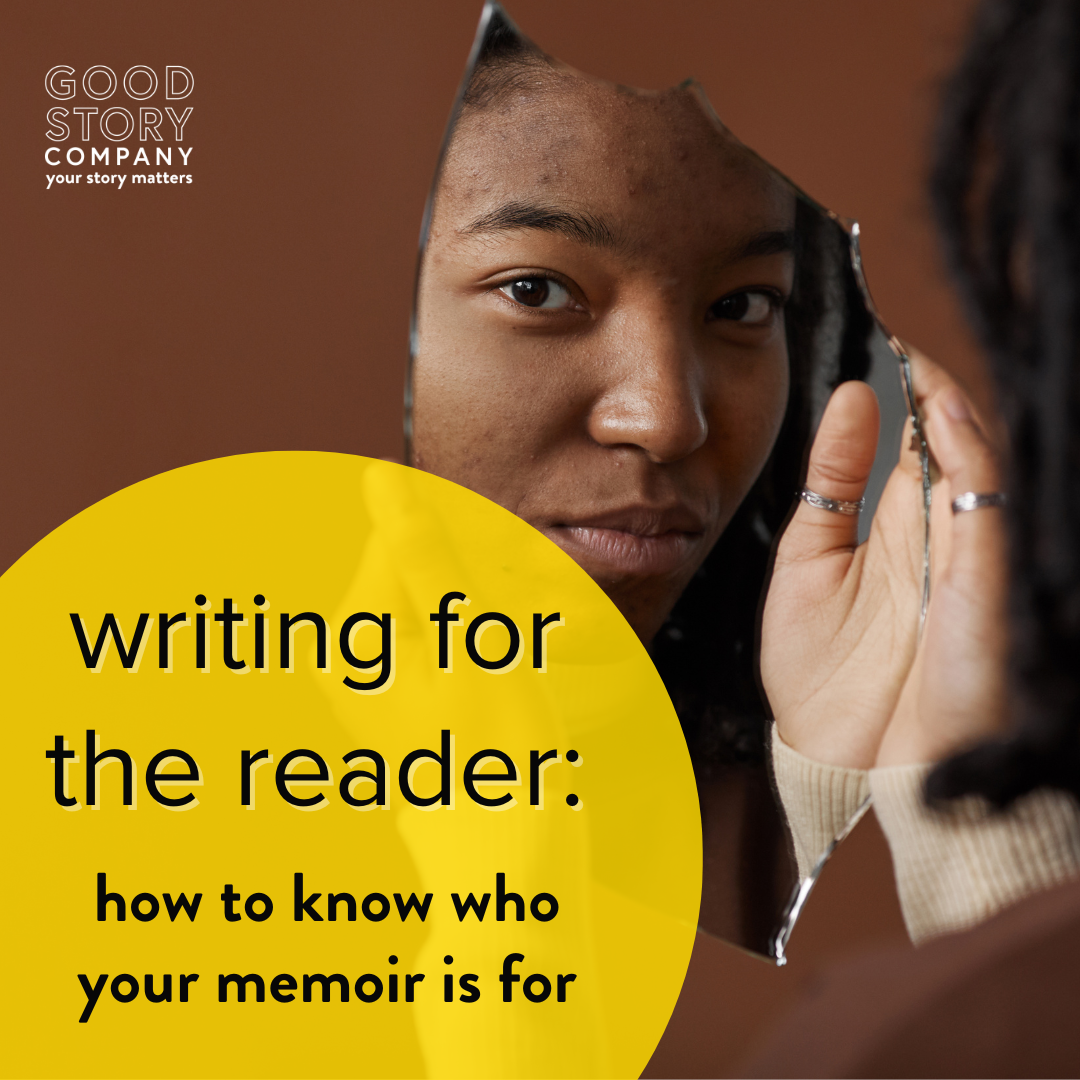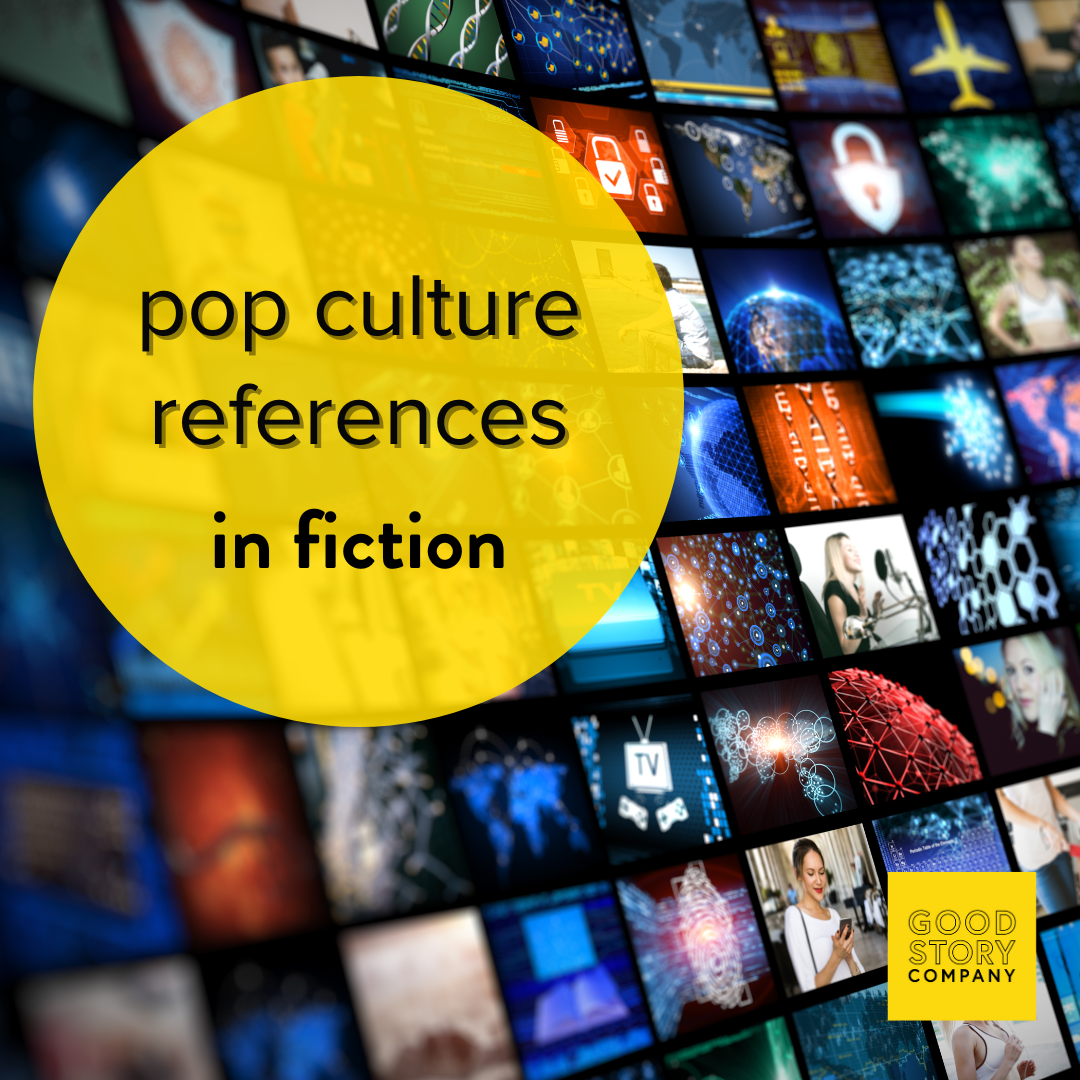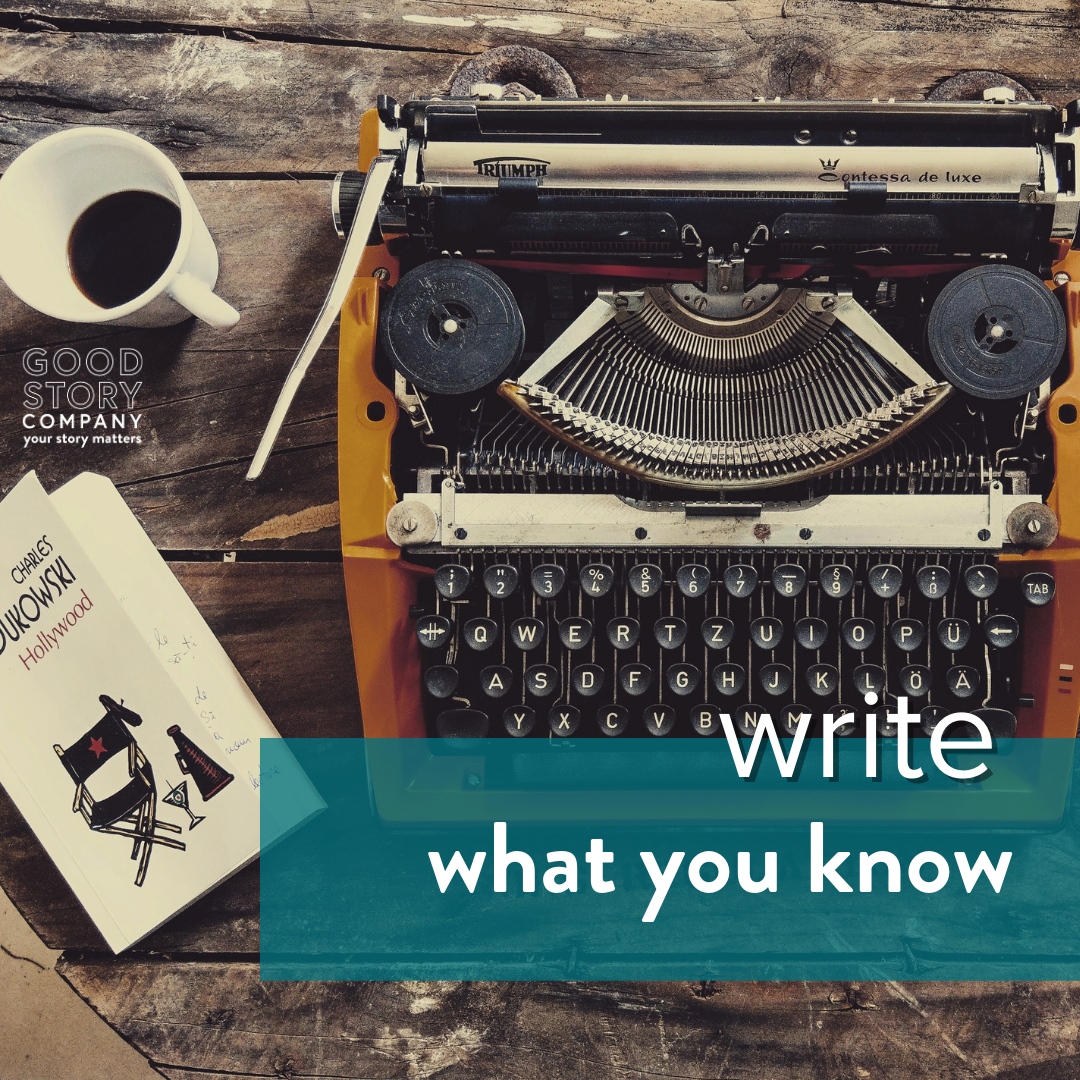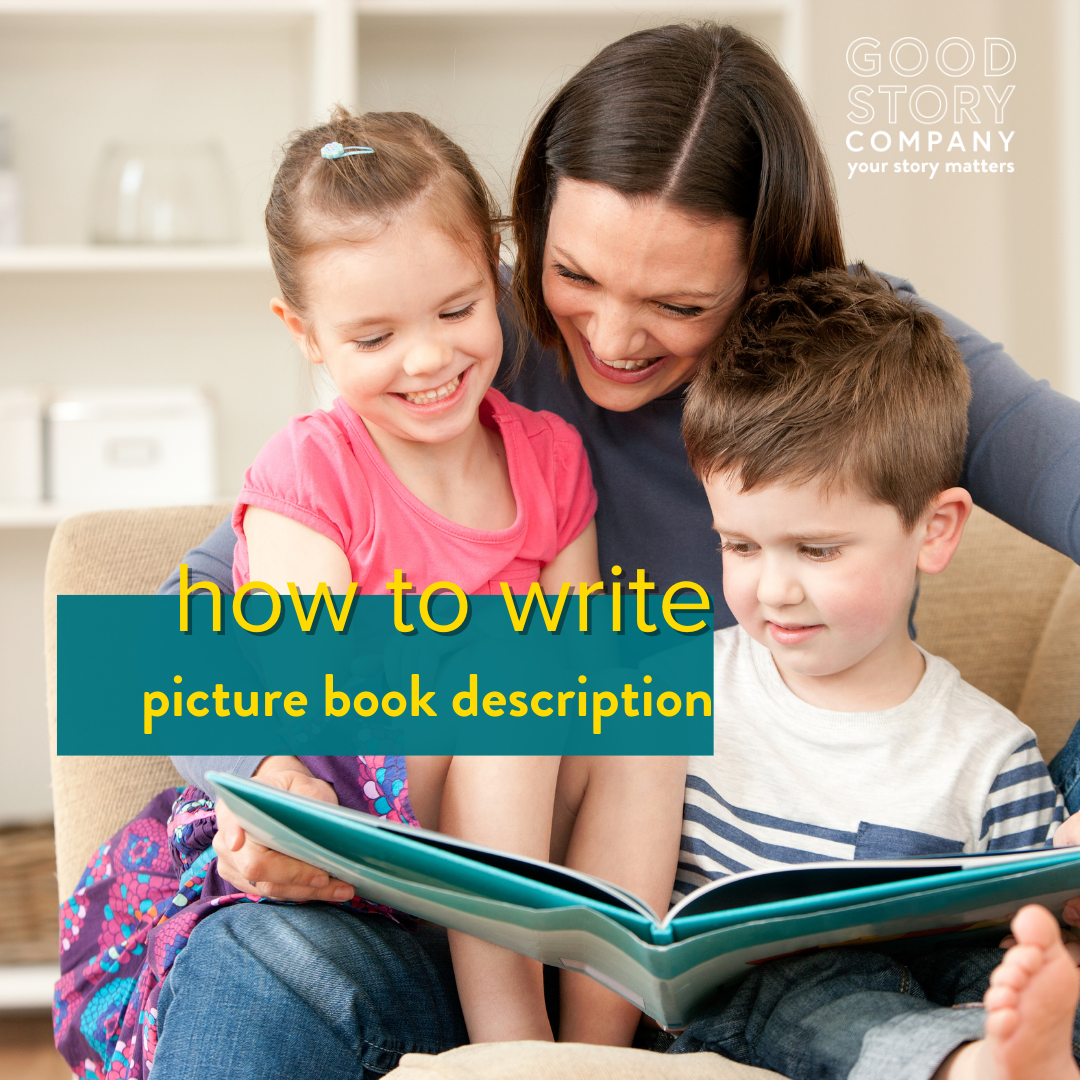
Adding Emotions to Memoir
Stories are memorable because of how they make us feel. Writing memoir means remembering and possibly reliving the emotions tied to the experience. I’ve come to think of it as a two-step process.
Picture Book Voice
Your voice is unique to you. It’s how you talk; the combination of sounds, the words you choose, your sarcasm or humor, etc. Those same idiosyncrasies factor into writing voice. It’s a writer’s stylistic choices, the POV character’s personality, and the audience you’re telling the story to. So, what’s picture book voice?
How to Write Active Dialogue
Writing dialogue is tricky. It seems like it should be the simplest part of the process, because we’re all familiar with what conversations sound like. There’s a difference, though, between a conversation you might have and how to write active dialogue in your story.
From Fiction to Creative Nonfiction
Everyone has a story to tell. But what if you’ve only ever written fiction? Maybe it’s time to try something new. Writing your life stories is a great way to expand your writer’s craft toolbox and will add creative nonfiction to your writing portfolio.
3 Writing Practices To Make You A Better Memoir Writer
If you’re struggling to figure out how to write your memoir or can’t seem to find the right words, here are three writing practices to make you a better memoir writer and help your memories, reflections, and musings shine bright and clear.
Writing Flashbacks
Writers are often cautioned away from flashbacks, but they can connect the dots between the past and who the characters are now. Read on for tips on writing flashbacks that function well.
Writing For The Reader: How To Know Who Your Memoir is For
What happens when you’ve written a memoir but find that your words aren’t resonating with readers the way you thought they would? And upon that realization, what do you do or change to bridge the gap?
Pop Culture References in Fiction
The question of whether to include pop culture references in fiction can be a sticky one, especially for YA authors, whose target audience is often hyper-aware of pop culture trends.
Using the Alternating Point of View
Depending on how an alternating point of view novel is handled, this choice can prove to be either a boon for the novel—a way to distinguish it from other similar ideas in the marketplace—or a confusing exercise in frustration for the reader. How can a writer use this format to strengthen their story rather than confuse their readers?
Tips for Writing Child Characters
Whether you’re writing a picture book, a chapter book or a middle grade novel, the star of your story is a child character. Here are some tips on how to write a believable child character.
Writing The Opening Line
The opening line is your first opportunity to make an impression and entice your readers. You should want the opening line to work for the story and be meaningful, but at the same time you don’t want it to do too much. Here’s how to find that balance.
Write What You Know
“Write what you know” is common advice, but it can feel like an attempt to limit creativity. You write to discover new places and understand different points of view. If you only write what you know, how can you write about what you don’t know?
Episode 7: Jessica Brody, Author and Writing Teacher
An interview with author and writing teacher Jessica Brody, where we discuss what makes a compelling story, how to apply story structure whether you're a plotter or pantser, and tackling large-scale revisions without ripping your hair out.
How to Write Picture Book Description
With only 600 words to work with, there’s not much space for picture book description. Let’s make every word count and bring your story to life.
In Favor of Present Tense Writing
One of the first decisions we have to make before writing is what tense to use. Present tense writing is often overlooked in favor of past tense—but when is present tense the better choice?
The Case for Re-Reading
“To me, re-reading my favorite books is like spending time with my best friends. I’d never be satisfied to limit myself to just one experience each with my favorite people.”
― C S Lewis
Writing Secondary Characters
Even though narratives tend to focus on the life of one character – sometimes a few in multiple POV – the people in that character’s life are equally important. Giving them personalities, sometimes backstories and arcs of their own, are what make the narrative as a whole more realistic.
What Makes a Character Interesting?
Characters are the most critical element for authors to get right in a novel. If the characters are interesting enough, readers will go on the most absurd journey or visit terrifying worlds with them. But if the protagonist is a snooze, they’ll most likely put the book down and reach for a better companion for the evening.


